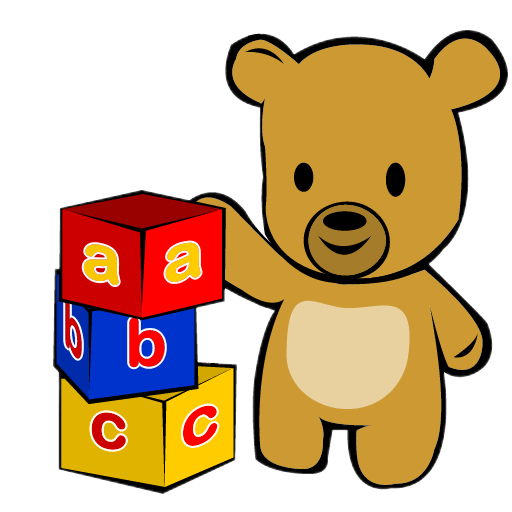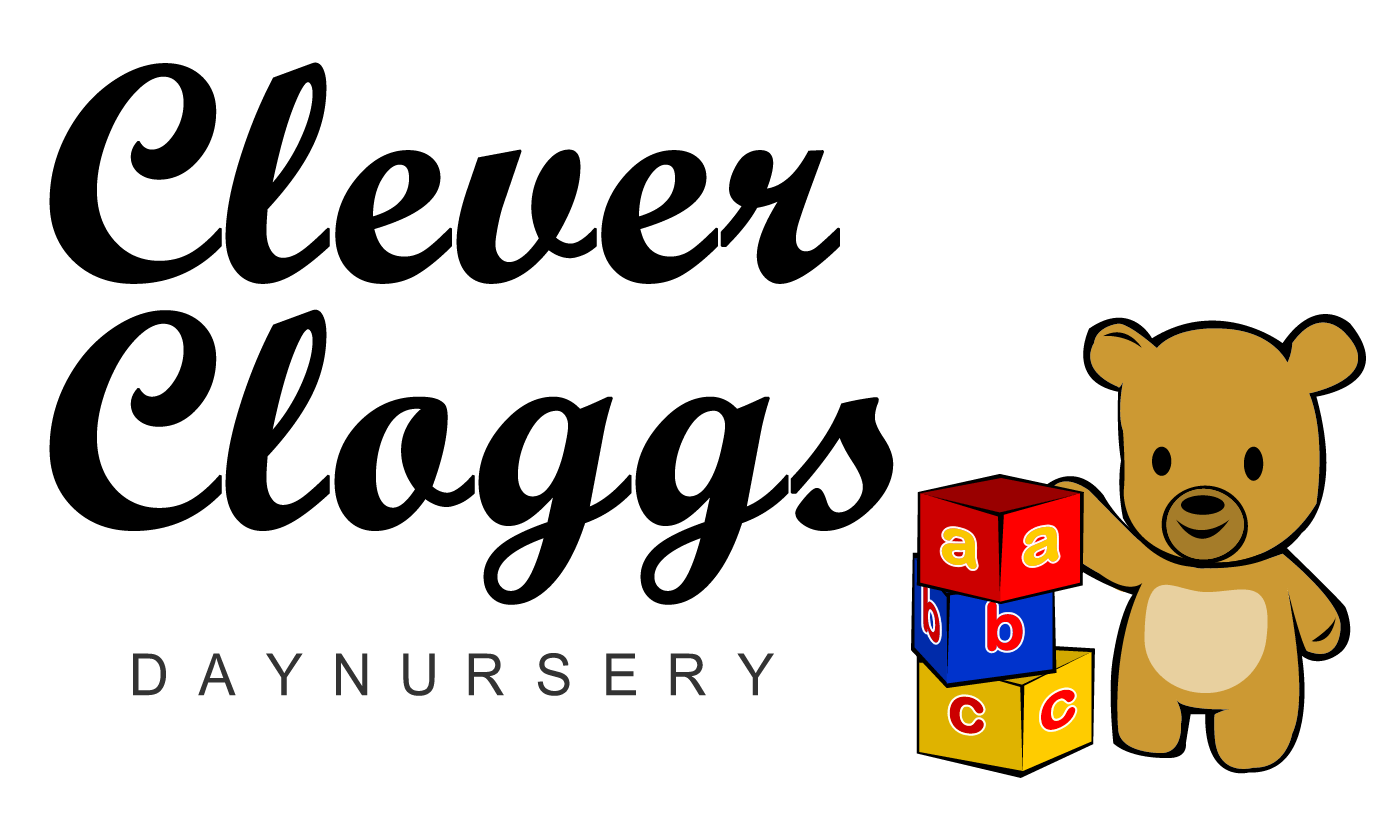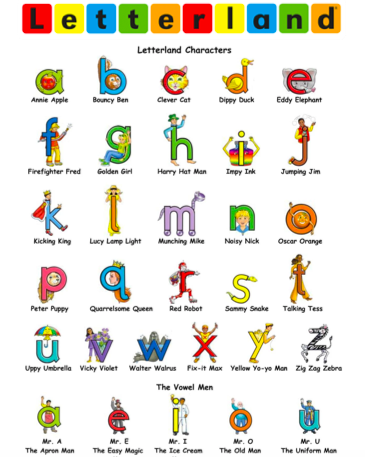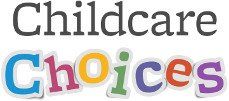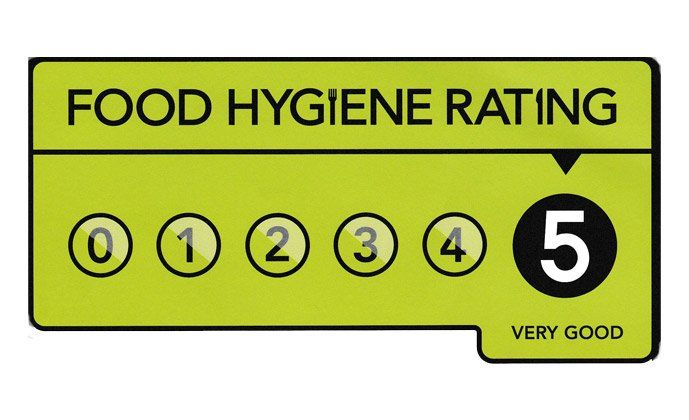Our Curriculum
Early Years Foundation Stage
Early childhood is a crucial stage of life in terms of children's physical, intellectual, emotional and social development and of their wellbeing.
Children develop rapidly during the early years and a significantly high proportion of learning takes place from birth to age six. It is a time when children particularly need high quality care and learning experiences.
Effective education requires both a relevant curriculum and practitioners who understand and are able to implement the curriculum requirements.
The age-related Desirable Learning Outcomes were replaced by the Early Learning Goals in September 2000. They set out what most children are expected to achieve by the end of the reception year. This period from age three to the end of the reception year is described as the Foundation Stage. It is a distinct stage and important both in its own right and in preparing children for later schooling.
Personal, Social & Emotional Development
Physical Development
Communication & Language
Literature & Writing
Our Nursery also aims to encourage and promote a positive, enthusiastic approach to all forms of literature, from poetry and rhymes to developing a core base of familiar and favourite books and stories.
The introduction and use of topic books is also important to offer extra visual aids to learning. There is also a weekly one-to-one reading time with each child. This provides not only the time to develop pre-reading skills on a very informal basis, but is also an opportunity to develop the bond between your child and their key workers as well as a link between home and Nursery, through the progress book. For this purpose, the Oxford Reading Tree, widely used in primary schools, has been incorporated. It is highly effective as a scheme of books, which offers a simple language structure and strong visual cues. Children progress at their own pace and the pace is matched to their enthusiasm.
Alongside reading, children are given every opportunity to develop emergent writing skills, from making 'marks' as their 'writing' in role-play, to developing their free-writing as well as more structured handwriting and name-writing practise. We also look at letter recognition and writing skills. For this purpose, we have incorporated the use of 'Letterland' characters (alongside learning the actual letter names), as a great visual aid to remembering and recalling letters as well as helping with phonics. Parents can really work alongside us, by learning the Letterland names with their children.
